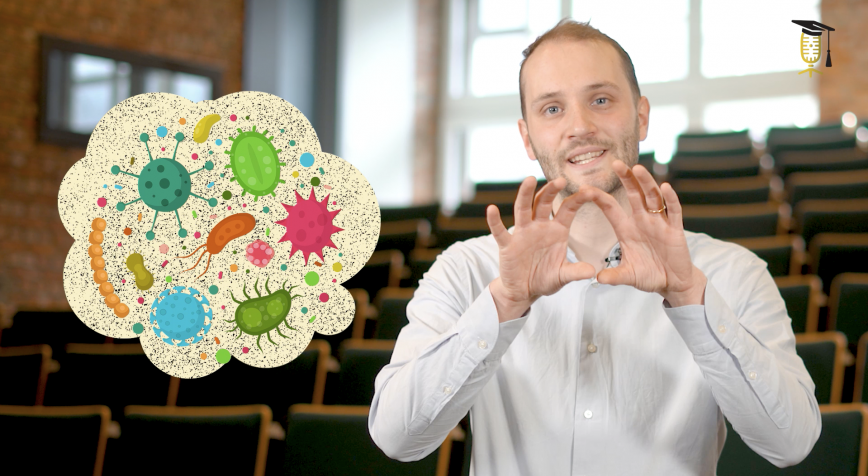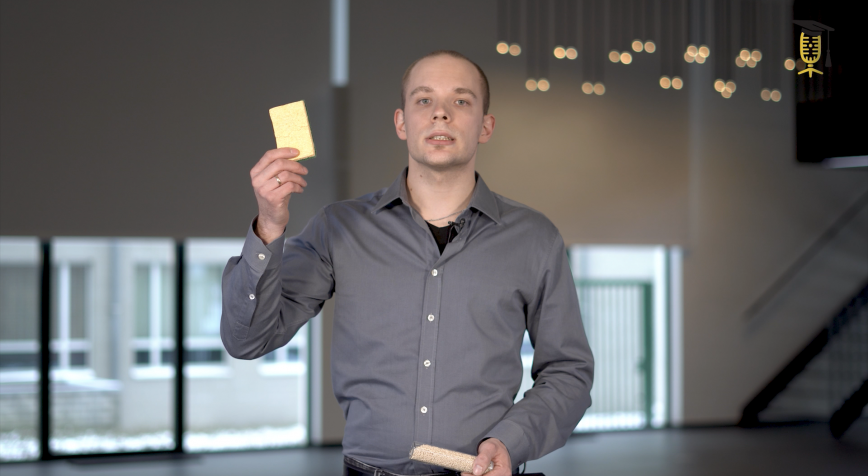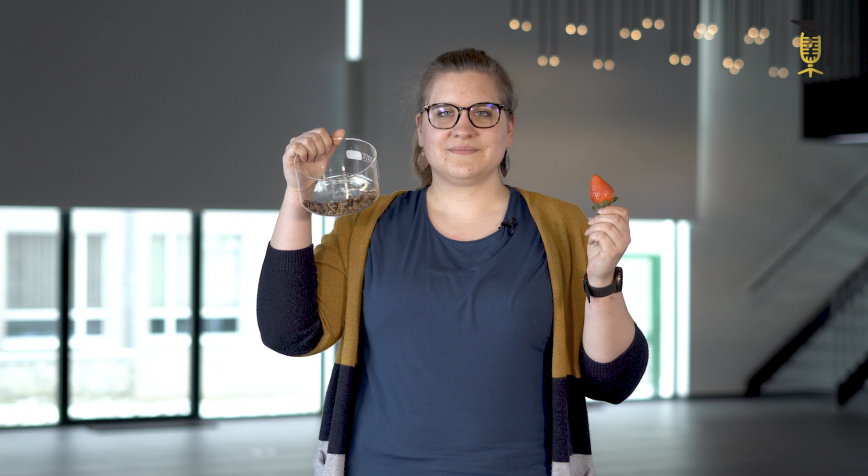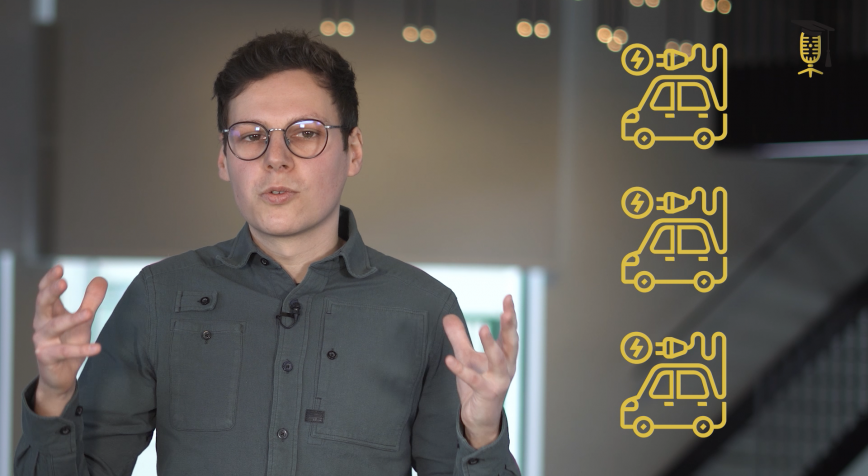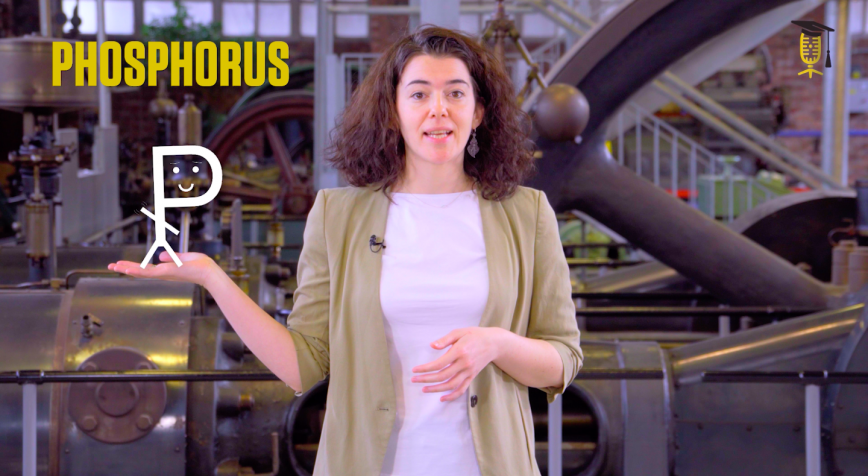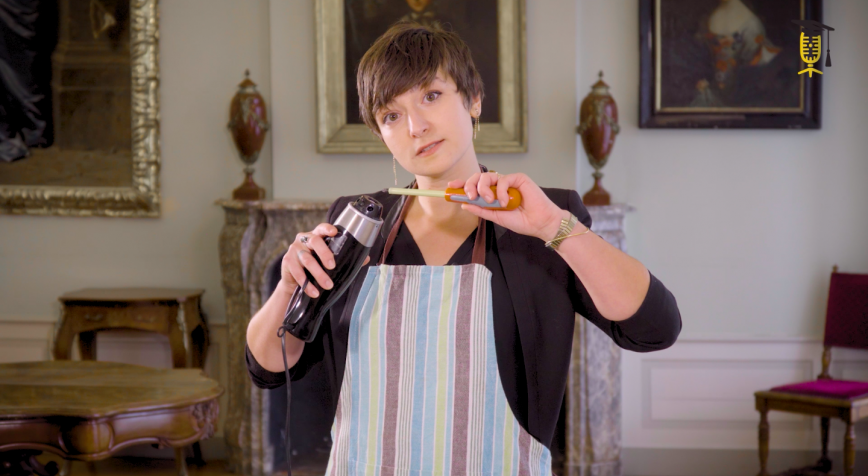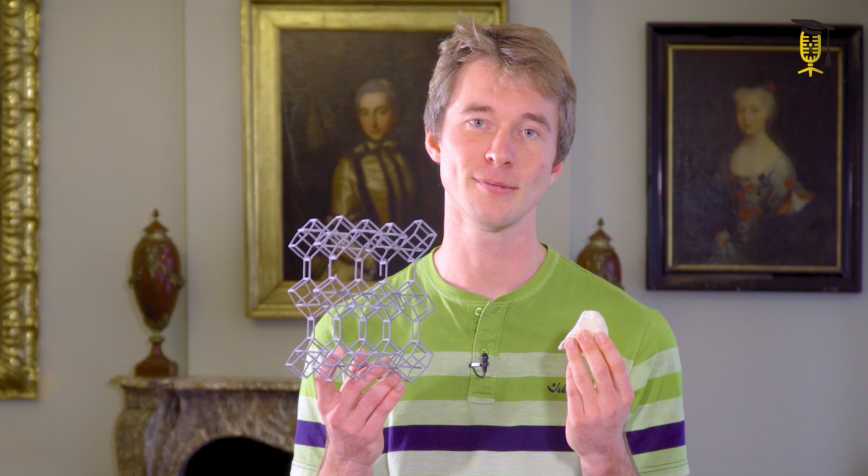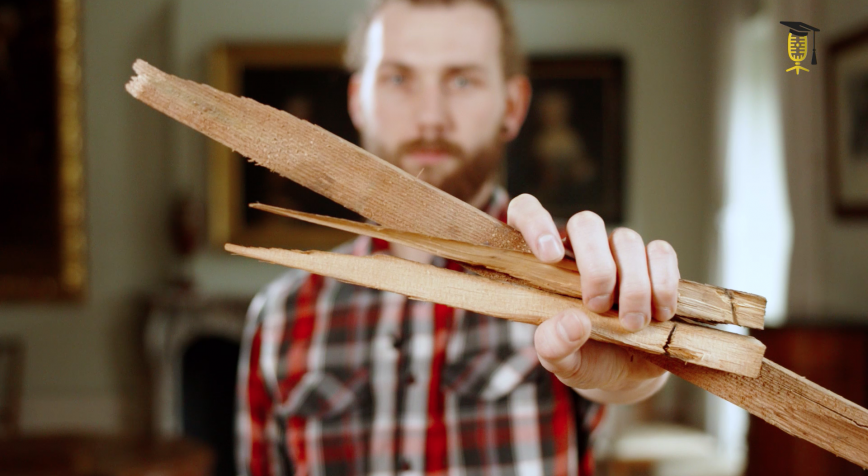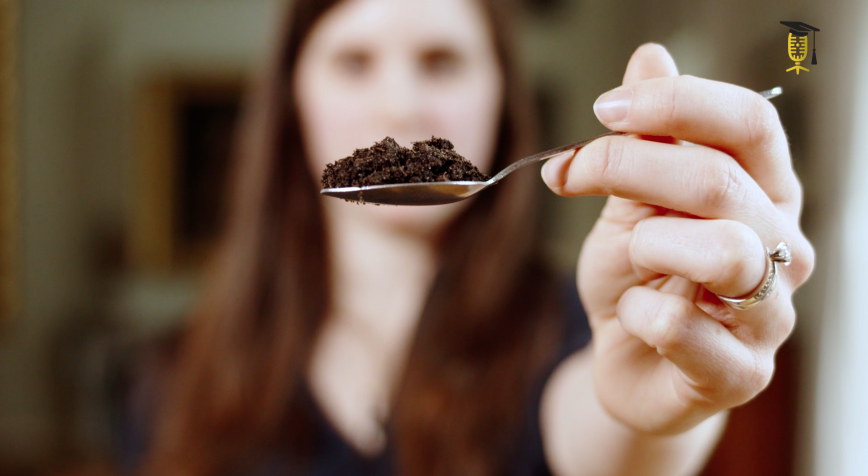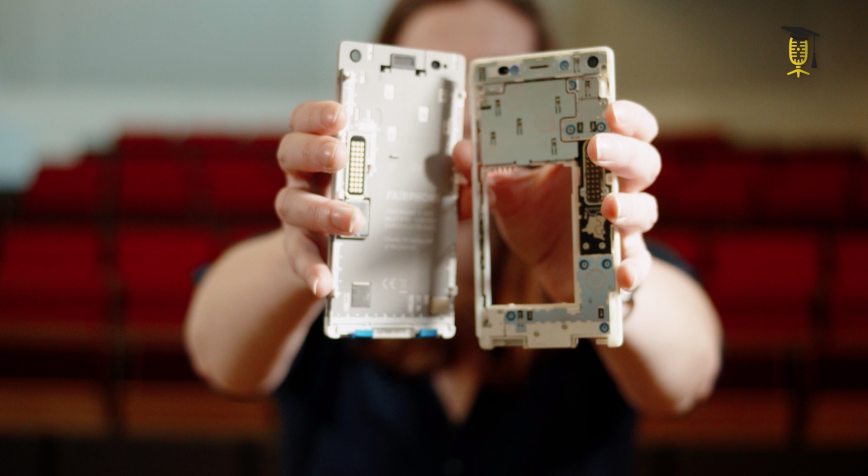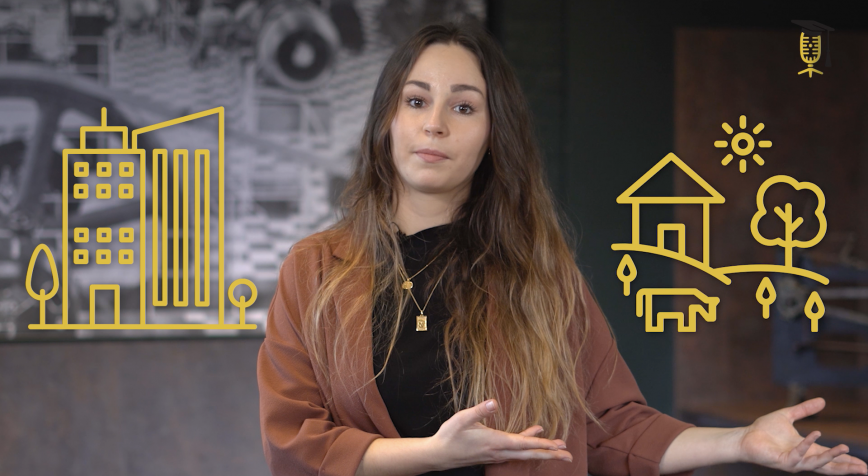
KU Leuven
Infrastructure for dispersed regions: qualitative and sustainable?
5 million Flemings do not live in a city centre, but in villages or city outskirts. This fragmentation creates a major challenge: how do you connect all these houses to the sewerage network and how do you ensure smooth and sustainable mobility? Does everyone have to move to the city? No, as architect and urban designer Sophie Leemans (KU Leuven) explains in this video.
